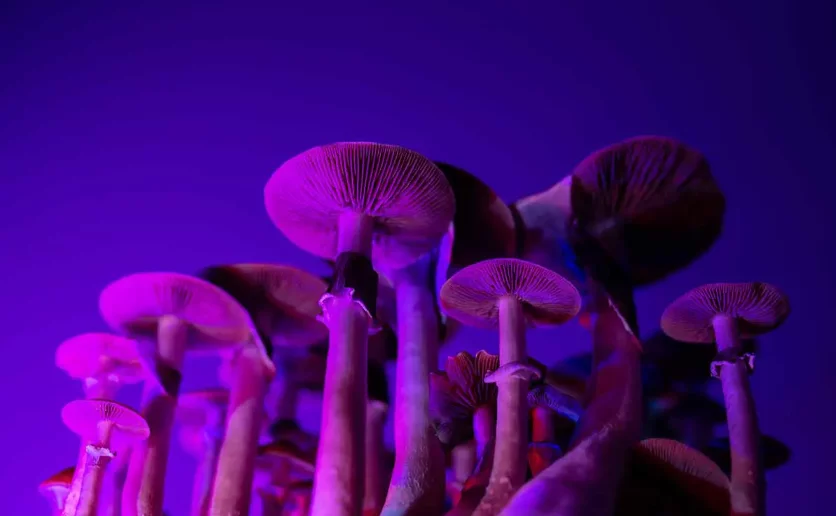New Zealand Approves Psilocybin for Medicinal Use
LOS ANGELES— New Zealand’s government has authorized the prescription of psilocybin, the psychoactive compound found in so‑called “magic mushrooms,” for patients with treatment‑resistant depression. This marks the first time psilocybin has been approved for medical use outside of clinical trials in the country .
Associate Health Minister David Seymour announced new regulations that allow a single psychiatrist—Professor Cameron Lacey of the University of Otago, who led earlier psilocybin clinical trials—to prescribe the compound under stringent reporting and record‑keeping protocols. Seymour described the change as a “real breakthrough” for patients who have exhausted existing treatment options.
The policy maintains psilocybin’s status as an unapproved medicine, but enables measurable progress in treating severe depression. It aligns New Zealand with peers—Australia, Canada, Switzerland, and U.S. states like Oregon and Colorado—that have similarly begun permitting restricted medical use of the compound.
The move is part of broader efforts to improve access to health treatments: the government concurrently approved over-the-counter pharmacy availability of melatonin for adults, following international trends and to address common concerns related to insomnia.
While the expansion establishes a controlled framework for medical psilocybin, critics urge caution. They stress that safe integration into patient care requires tight clinical oversight, trained practitioners, and accompanying therapy protocols. Research from jurisdictions with early adoption highlights both potential benefits for mental health and the need to mitigate risks associated with self-medication or unsupervised use.




































